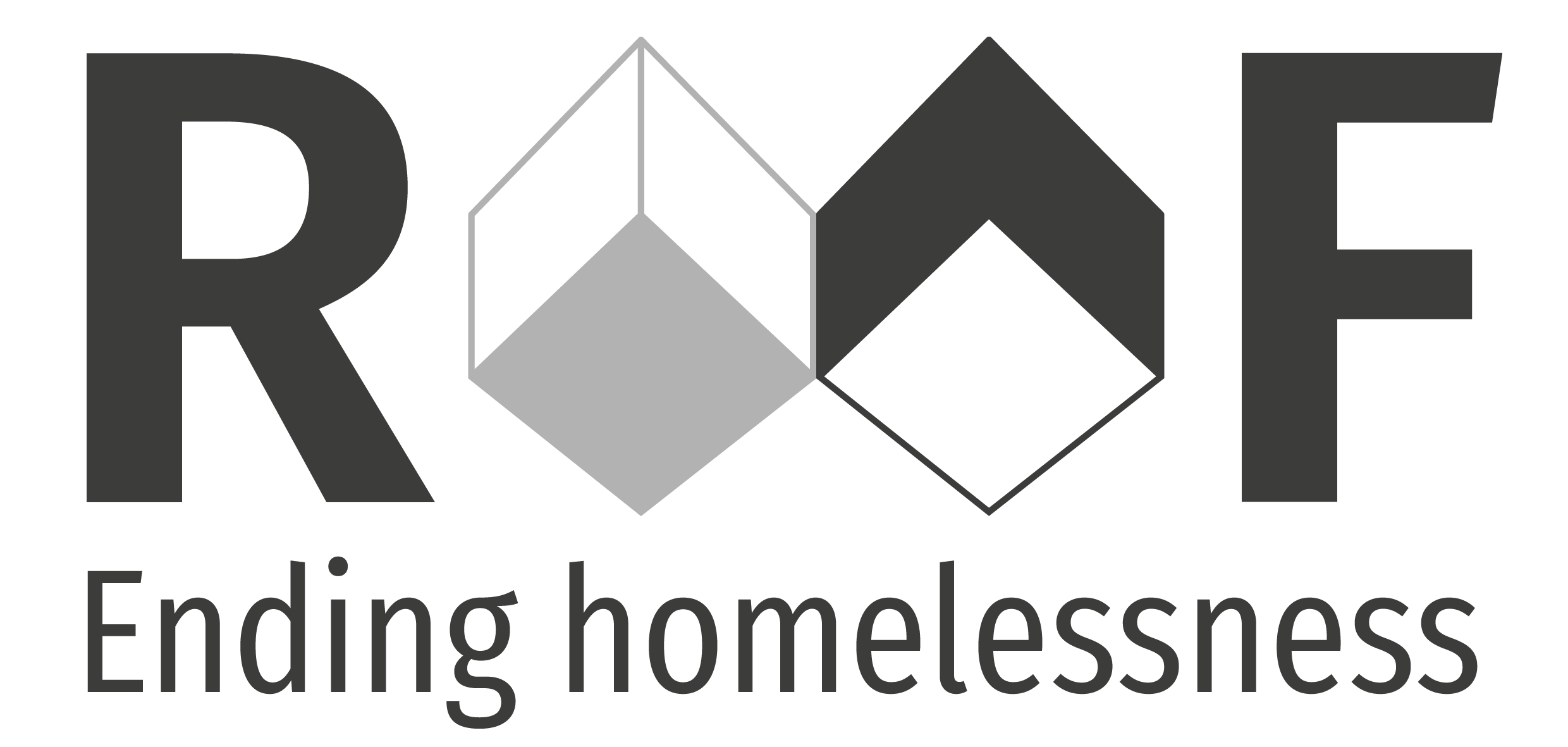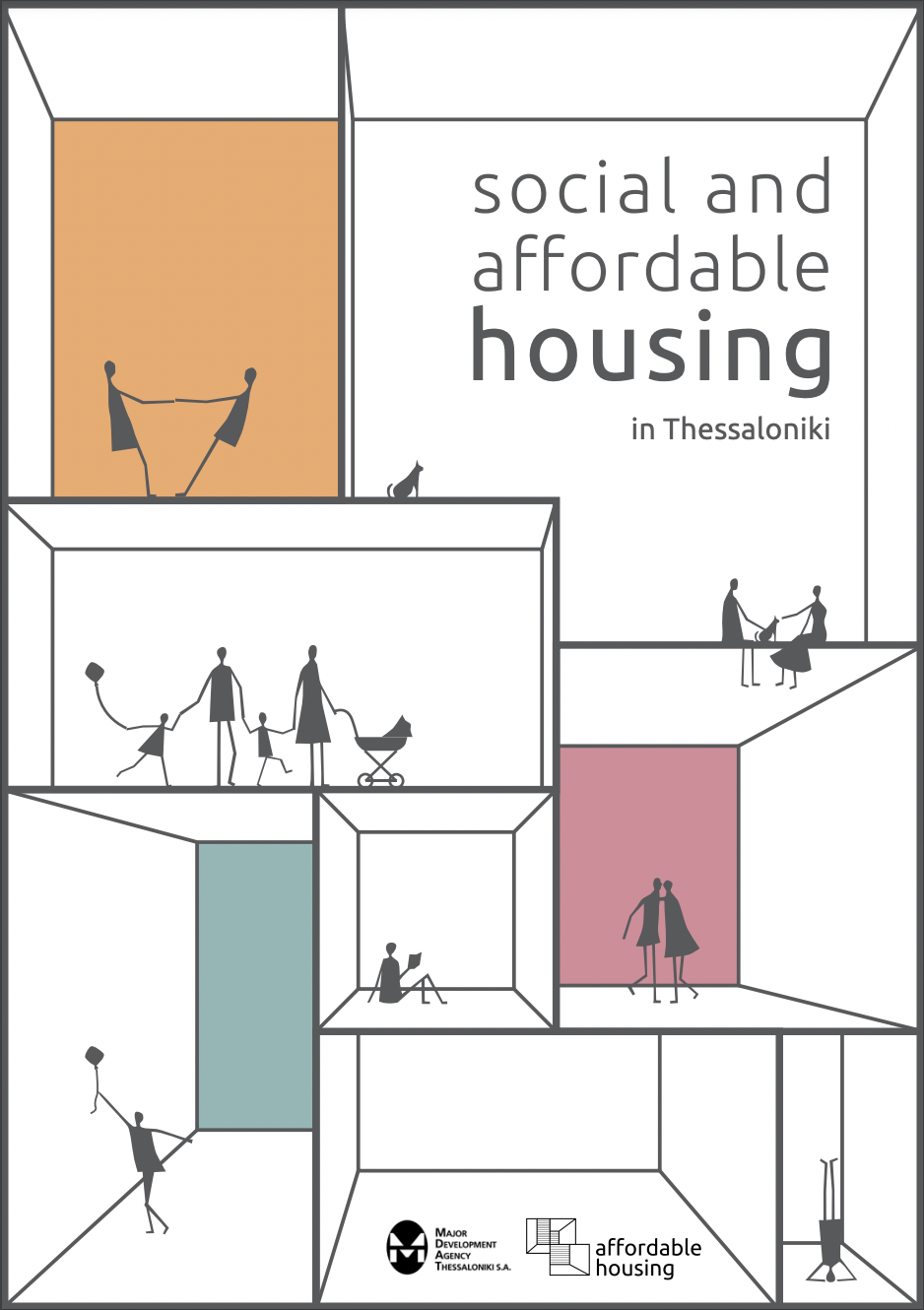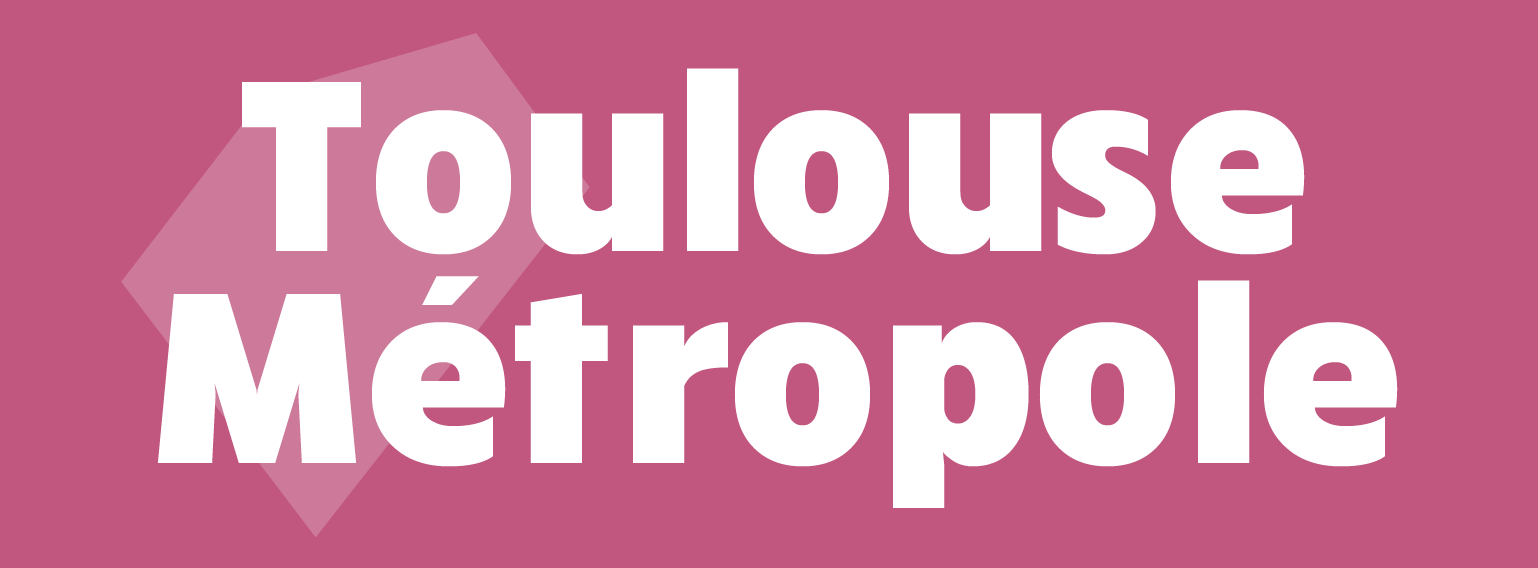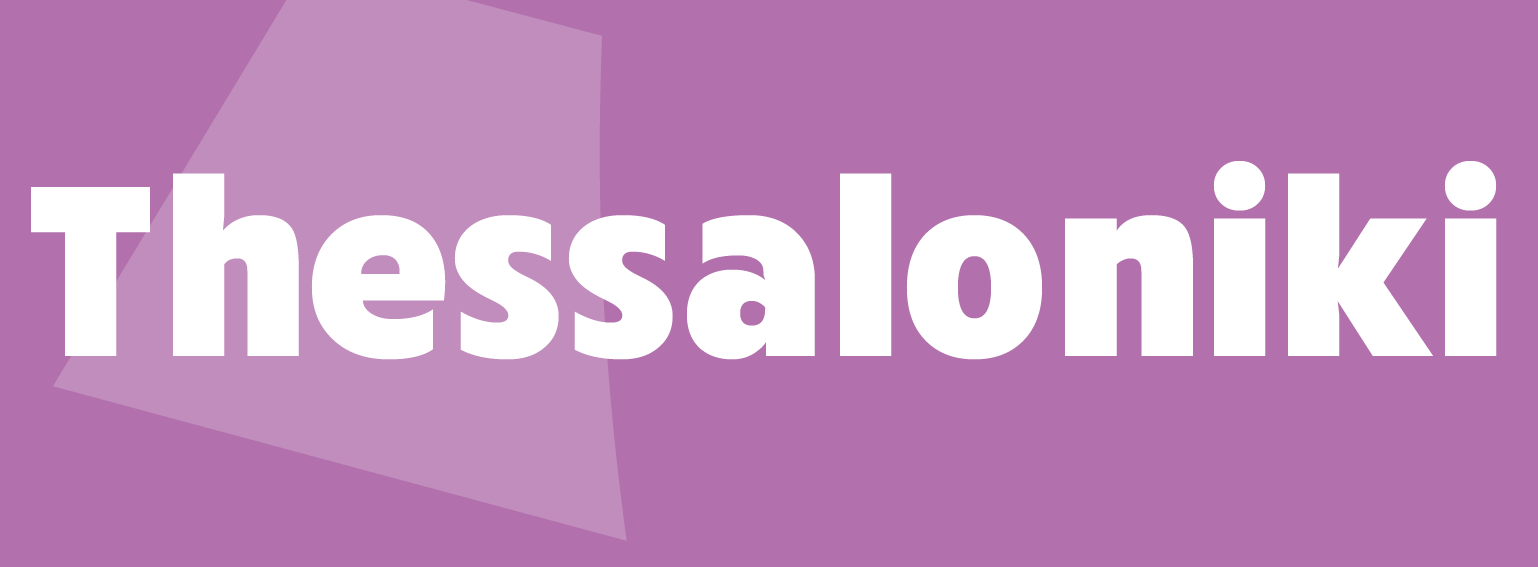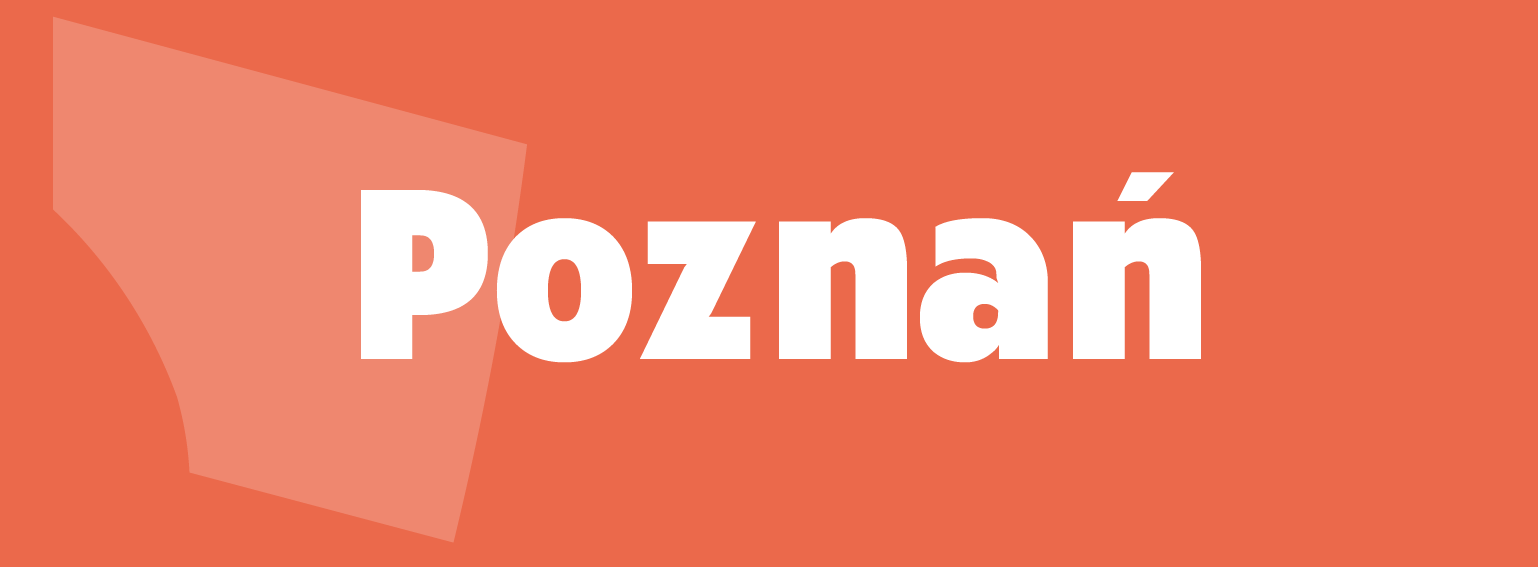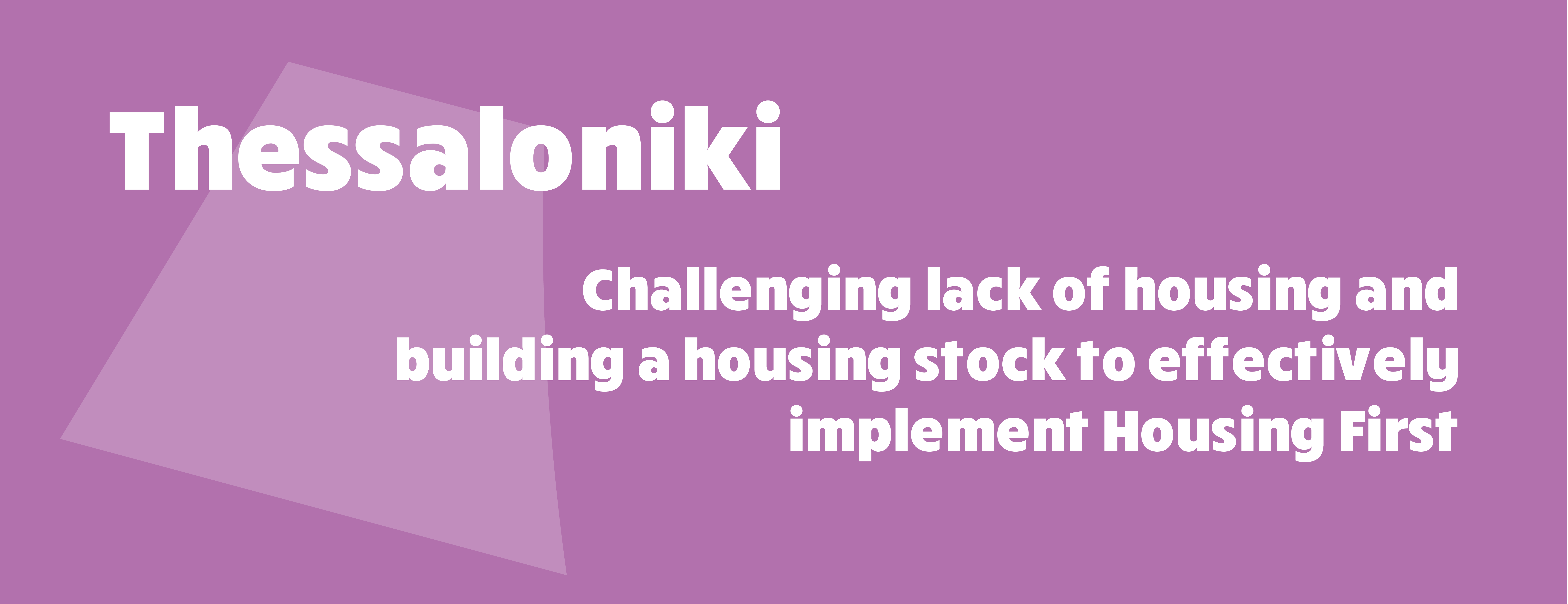
"The aims of the network were fully complementary with what we were trying to do at local level. ROOF brought together leading cities who we had been looking into in terms of good practice and innovative solutions to homelessness as well as building affordable housing stock. It was also clear that ROOF was a network of cities highly committed albeit at different levels of achievement of objectives. This joint dedication in itself provided a very promising framework".
City background
The Greater Thessaloniki Area, situated in South-East Europe is the second largest city in Greece. With its urban agglomeration population, consisting of three main zones, Thessaloniki is home to 0.8 million people. Although a lively city, with so many attractions, Thessaloniki is still recovering from the global economic depression, which leads to 380 of its inhabitants experiencing homelessness.
Faced challenges and strategies
Greece, with the current amount of 0% social housing stock, is an exception among all EU countries. While the financial crisis and poor policy management response to the “refugee crisis” puts many people in housing deprivation, the rise in housing prices and the decrease in the annual household income leads to a dramatic increase in poverty. Despite all challenges, the municipality of Thessaloniki recently developed the largest housing programme for homeless people and refugees. Moreover, the Guaranteed Minimum Income Benefit and the Housing Benefit are now providing social and housing support to the eligible populations.
Activities during the ROOF network project
The Urbact Local Group (ULG), thanks to a regular schedule of general and specialised meetings, brings together around 20 governance representatives, discussing the needs of the ROOF programme as well as focusing on Housing First (HF) approach. The vision of Thessaloniki is to ensure the right to housing for its population, exploiting innovative interventions and policy processes at the local and national level, aiming for functional zero homelessness by 2040. An integrated Action Plan (IAP) of the City containing four axes has been developed to face the risk of housing exclusion and the lack of affordable housing stock. The Small Scale Action (SSA) has been designed to complement the National Homelessness programme to support three main beneficiaries with HF principles.
"It has brought an important boost in supporting us technically and through learning processes both to design policies but also to try out innovative interventions in the city. It has also been an important support network, multiplying our possibilities in terms of ensuring more engagement, the leverage to convince stakeholders of the importance of key intervention areas (Housing First, affordable housing) at local and national levels".
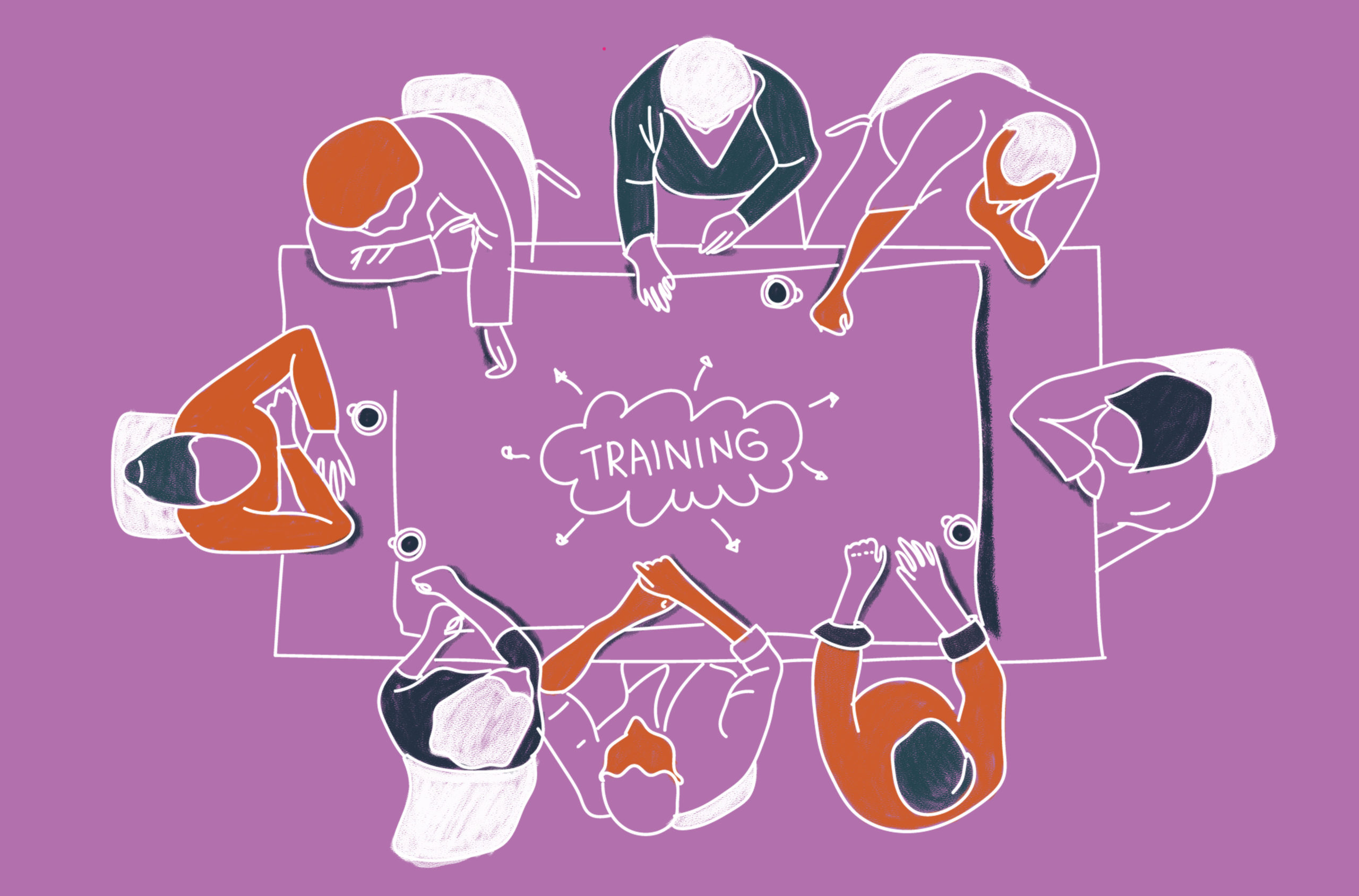
Small Scale Action
Housing First meets “Housing and Employment”
A genuine pilot of the Housing First approach linked to the national homeless program “Housing & Employment”.
Thessaloniki already has an employment program for homeless people in place. This is a national program that gives an opportunity to homeless people to be integrated in the job market and get a stable living condition (similarly to what Braga is seeking to do). It is a good program, but today it addresses those homeless people that may be integrated more easily, thus people with no addiction or mental health issues. With this SSA the city would like to test if the same program could host homeless people with complex problems, which are the main target group for HF generally. 5 cases will be activated with a new collaboration between stakeholders. The SSA is designed with 2 NGOs and the ministry of labour is in charge of the program. The first step is to create a network of service providers to new beneficiaries entering the program. The second step is to create the right tools, with a focus on the development of a tool for caseload and a follow-up methodology for social workers. One person will be employed through the SSA and will be trained to then train the social workers. This SSA will give way to a change of mind set on the “type” of people that can be assisted and will hopefully prove that the existing program is even more powerful.
"We are currently already underway in implementing our Integrated Action Plan in particular testing Housing First through SSA and looking into upscaling HF to the national homelessness programme. We have also throughout the duration of ROOF set up our Social Rental Agency and will be working on generating affordable housing stock that can be linked inter alia to future larger Housing First Programmes. In this respect, we will be implementing the first Social housing Programme with the Ministry of Labour and funded through the RRF".
Thessaloniki's Integrated Action Plan
Although the current approach towards homelessness focuses mainly on shelter and daycare services, the Action Plan aims to ensure that shelter-based responses will not remain the single viable measure and to gradually introduce Housing-Led and HF responses in the programming and service provision.
While the ULG is composed of public actors, experts and social actors, the existence of wider contact persons and stakeholders can ensure the integration of both the design and implementation stages in the process.

To further develop the IAP, six integrated measures have been introduced: housing provision structures, supporting the social dimension, awareness-raising/advocacy, facilitation of affordable/social housing, improving homelessness services and housing exclusion/homelessness monitoring/data management. The action plan briefly involves:
Data
•Collecting data, monitoring housing trends and housing exclusion at the city level
•Building the Housing Platform
•Providing accessible information to the public on the right to housing
•Conducting a city-wide analysis of potential support measures
Housing
•Including housing in the Municipal organigramme
•Setting up a Social Rental Agency
•Rendering public housing stock into affordable housing
•Developing concepts of social mix, fair urban development...
•Supporting the design of a national housing strategy
•Facilitating access to public property as alternative housing
•Drawing up a strategy for de-shelterisation of homelessness
Support
•Providing legal support/information
•Promoting structural intervention at the local level in the housing market
•Creating fora for continuous dialogue, public participation
Prevention
•Drawing up a Prevention of housing exclusion
•Ensuring the facilitation of social and affordable housing by national legislation
•Ensuring holistic support of social and affordable housing measures
•Including a Housing First component in the National Homelessness Programme

Visit Thessaloniki's Housing Platform
Focus on Thessaloniki (GR): testing the Housing First methodology on a small scale
Just last month, a homeless man, Kostas Pavlidis, known to most Salonicans strolling in the city center died on the streets in the center of the city amidst a rare cold wave soaring across the country. He had for a period of time stayed at the homeless shelter run by the Municipality, was known to Municipal and NGO homeless services but it was clearly not enough nor tailored to support a homeless person with multiple issues. The details of this specific case aside, the truth is that homeless shelters have not proven to be the most effective
long-term solution to homelessness and in times of crisis, so bluntly evident during the pandemic, shelters were unable to ensure protection, safety and health services to most homeless, let alone cover complex needs of individuals in a street situation...
